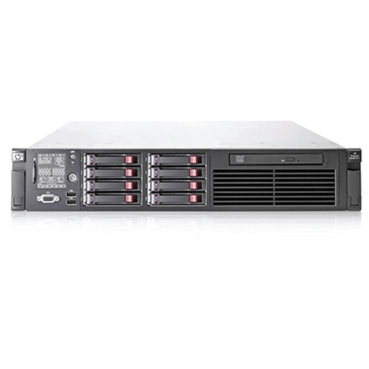Overview
Experience true operational agility and production schedule integrity throughout your system’s lifecycle with EcoStruxure™ Foxboro DCS virtualization technology.
From the start, the ability to host multiple virtual machines on a single control processor can significantly reduce the risk associated with project delivery cycles.
Virtualization decouples system hardware from system design, and from the geographic locations of engineering experts. Last-minute changes become much easier to implement. Virtualization technology also means software and operating systems need not be tied to specific hardware. So as your system evolves, maintenance needs and troubleshooting can be quickly addressed by Schneider Electric experts within the virtual environment.
From the start, the ability to host multiple virtual machines on a single control processor can significantly reduce the risk associated with project delivery cycles.
Virtualization decouples system hardware from system design, and from the geographic locations of engineering experts. Last-minute changes become much easier to implement. Virtualization technology also means software and operating systems need not be tied to specific hardware. So as your system evolves, maintenance needs and troubleshooting can be quickly addressed by Schneider Electric experts within the virtual environment.
Features
- Virtualization server host with high-end processor speed, up to 96 GB of memory, up to eight internal redundant array of independent disk (RAID) systems with hot-swap drive and redundant hot-swap power supplies
- Capability to host multiple virtual machines running Microsoft Windows Server® 2008 R2 Standard operating system
- Support of hypervisor technology with Microsoft® Hyper-V™ Manager
- Multicore processing
- Backup and recovery options
- Remote desktop capability Virtual machine “snapshot” feature
- Security enhancements provided by McAfee® VirusScan with AntiSpyware Enterprise
- HP® Dual and Quad Monitor thin clients
Benefit
- Enhanced efficiency across the life cycle engineering process
- Reduce capital and operating costs
- Maximize efficiency and plant uptime
- Minimize risks of aging physical infrastructure
- Reduce equipment footprint
- Reduce energy costs
- Enjoy system support and upgrades with minimum impact on operations
- Maximize system availability
- Reduce maintenance and engineering effort
Applications
- Hydrocarbon processing
- Chemical and specialty chemicals
- Upstream oil and gas
- Power generation
- Metals and mining
- Water and wastewater
- Pharmaceutical and life sciences





